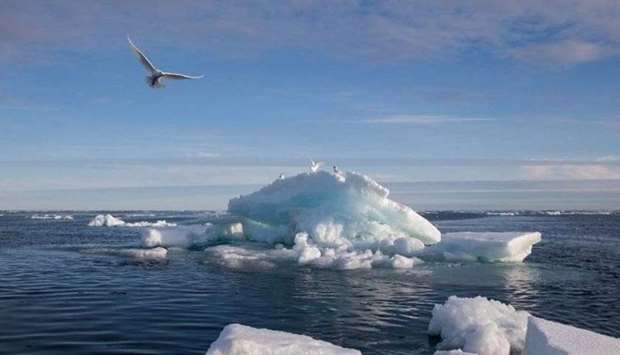Arctic sea ice has melted to its second lowest level on record as a result of heat waves and forest fires, scientists have said.
On September 15, ice in the Arctic Ocean measured 1.44 million square miles (3.74 million square kilometres), the US National Snow and Ice Data Centre (NSIDC) said.
This is the second lowest summer melt since satellite records began in 1979.
The only time it has ever been lower before the ice refreezes for the autumn was in 2012, according to NSIDC monitoring. This year's ice conditions come after a ‘crazy’ stint of heat waves in neighbouring Siberia, which resulted in mass forest fires across the region.
Mark Serreze, NSIDC Director, said, "It's been a crazy year up north, with sea ice at a near-record low, 100F (37.7C) heat waves in Siberia, and massive forest fires.
"The year 2020 will stand as an exclamation point on the downward trend in Arctic sea ice extent.

